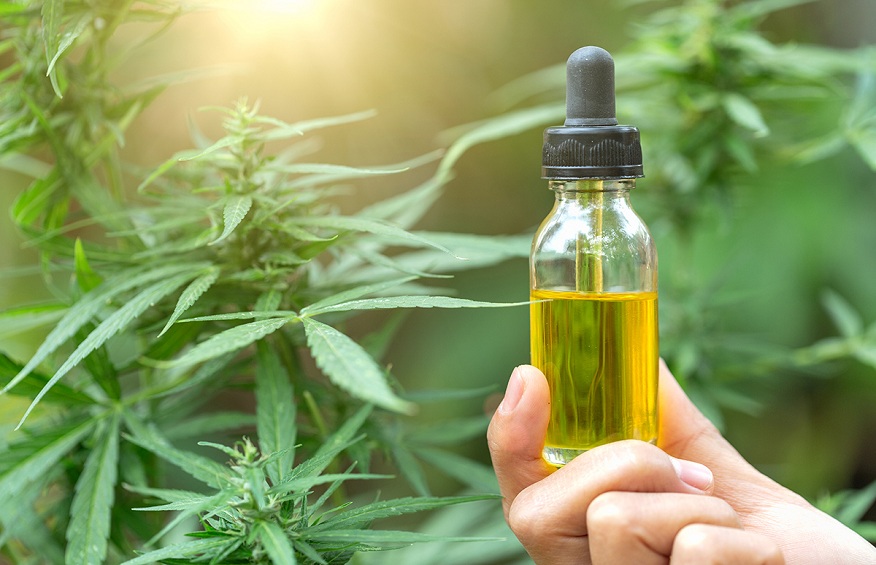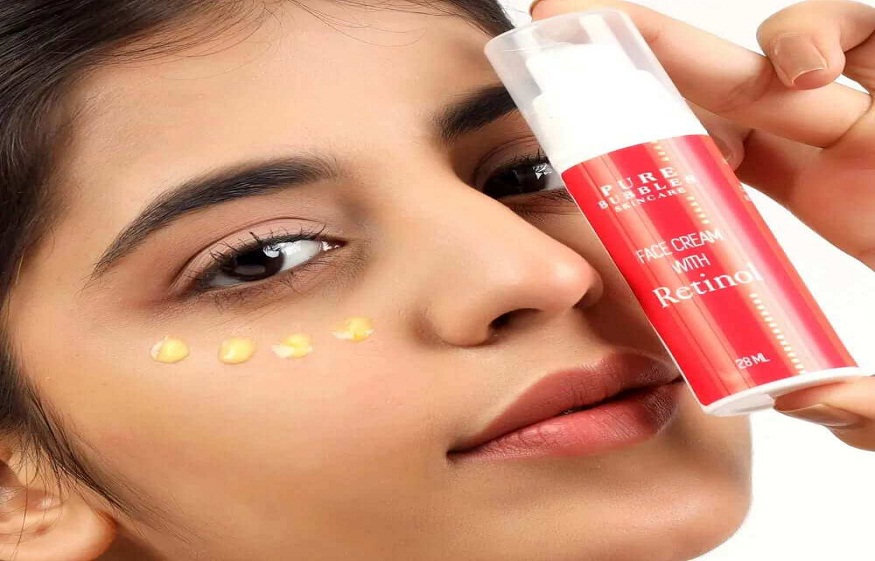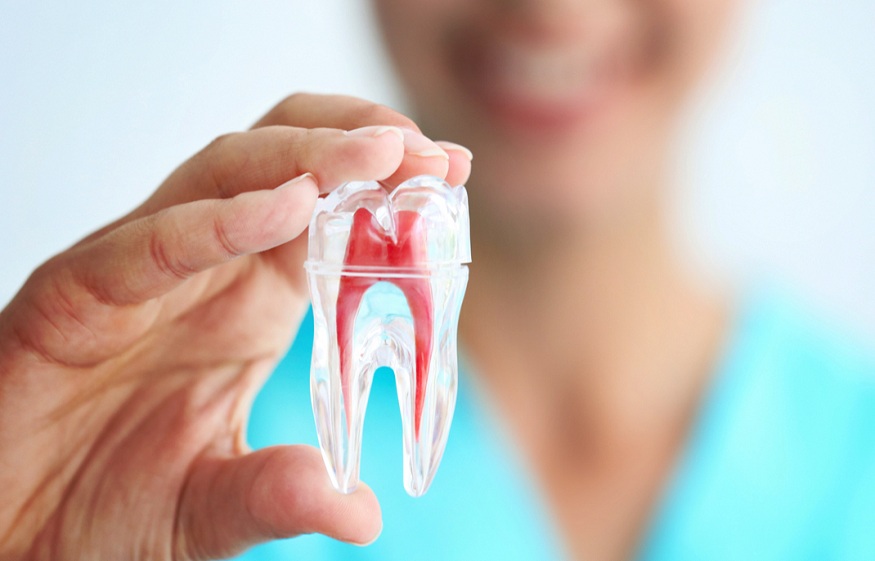By now everybody (most of us) has heard about CBD and its oh-so-amazing benefits. But wait, in the quest to add CBD to your life, don’t forget to do your due research on this topic. If you are all set to buy CBD oil in India, this post is for you. We will be talking about how one should go ahead about purchasing CBD oil, it’s legalities, and know the cbd oil price in India.
What Medical Conditions Can CBD Treat?
CBD has the ability to control, alleviate, cure, or treat more than 30 medical diseases. CBD can be utilized as an all-natural alternative treatment for a wide range of medical ailments.
The following are some of the most prevalent medical ailments for which people buy cbd oil India:
- Ailments of the body (for example, chronic pain, arthritis, menstrual discomfort, muscle inflammation)
- Neurodegenerative diseases (such as Alzheimer’s and Parkinson’s)
- Autoimmune diseases (for example, Multiple Sclerosis, SCID)
- Fibromyalgia, epilepsy, and other neurological disorders
- Anxiety, Depression, and Schizophrenia are examples of psychological disorders.
- Sleep disorders (such as insomnia and sleep apnea)
- Acne, Eczema, Melanoma, and other skin issues
- CBD has also been shown to be useful in alleviating chemotherapy side effects such as nausea, vomiting, and exhaustion.
Explain to me the legalities around CBD oil in India.
Cannabis has been prohibited in India for decades. This is mostly due to the country’s past with opium, which was used to facilitate trade with China. Due to the illegality, Indian farmers are unable to produce hemp and extract CBD oil from the plants for medical uses.
The legalization of CBD in India has resulted in a significant surge in demand for CBD-related products. The Indian government has permitted the use of CBD products (with low THC levels) and cannabis leaf extracts (under Ayurvedic treatments), but prohibited the use of flowers and flower extracts. Cannabis leaf (Vijaya) extracts are classified as a Schedule E-1 substance and are regulated by the AYUSH Ministry and the Indian Excise Department.
For generations, the plant known as Cannabis Sativa L has been seen with great economic interest. It is a multipurpose plant that is grown for nutritional, recreational, industrial, and medicinal applications. It is planted all over the world for fibre, seeds, seed oil, and medicinal properties. Let’s understand the difference between hemp and Marijuana.
Cannabidiol (CBD) and Tetrahydrocannabinol (THC) are just two of the phytocannabinoids found in the Cannabis plant. It is the THC profile that distinguishes the two primary varieties of Cannabis- hemp and marijuana. Cannabis plants with less than 0.3% THC are typically classed as hemp or industrial hemp, whereas those with more than 0.3% THC are categorised as cannabis or Marijuana. In comparison to marijuana, hemp produces higher quantities of CBD. CBD is largely present in the leaves, stalks, stems, and flowers of cannabis plants.
Now that CBD has recently sparked a lot of interest due to its therapeutic potential. CBD, unlike THC, has no psychotropic effects. CBD has demonstrated enormous potential in the field of healthcare and is also said to be safe. While proof for its numerous health advantages is still emerging, it has been demonstrated to be particularly helpful in the treatment of epilepsy. Epidiolex (CBD oral solution) was approved by the US Food and Drug Administration in 2018 for the treatment of seizures associated with Lennox-Gastaut syndrome and Dravet syndrome in individuals aged two years and older. Several CBD-based products, both domestic and international, are already on the market in India. However, the legality and regulation of such items remain poorly understood. As a result, both the CBD sector and end-users are significantly impacted.
Cannabis-related legal provisions
Cannabis cultivation, sale, and use in India are governed by the Narcotic Drugs and Psychotropic Substances Act, 1985 (NDPS Act) and the NDPS Rules, 1985.
The term “cannabis” is defined in Section 2(iii) of the Act to include:
– charas, which is the separated resin, whether crude or purified, as well as the concentrated preparation and resin known as hashish oil or liquid hashish;
– ganja, which refers to the cannabis plant’s flowering or fruiting tops; and
– any blend of any of the aforesaid forms of Cannabis, with or without any neutral substance, or any drink created in this manner.
This definition expressly excludes Cannabis seeds and leaves.
Section 2(iv) defines “Cannabis plant” as any plant belonging to the genus Cannabis. As a result, the Act makes no distinction between hemp and marijuana. Section 2(xii) defines “medicinal cannabis” as any extract or tincture of Cannabis (hemp). The Act defines “narcotic drug” as Cannabis (hemp) and medicinal cannabis [Section 2(xiv)], and “manufactured drug” as any drug notified by the Central Government [Section 2(xi)]. Preparations manufactured from extract or tincture of Indian hemp, excluding those capable of solely external use, are among the registered medications. A manufacturing licence is also required for the production of such medications.
Section 8 of the Act forbids the cultivation of Cannabis plants as well as the production, manufacture, possession, sale, purchase, transit, warehousing, use, consumption, importation, and exportation of any narcotic drug or psychotropic substance unless it is for medical or scientific purposes. Section 10 of the Act, when read in conjunction with Section 8, authorises state governments to control Cannabis production and manufacturing, as well as possession, transportation, sale, purchase, consumption, or use of Cannabis (except charas) and medicinal cannabis. Section 14 of the Act authorises the government to issue general or special orders allowing the growing of cannabis solely for horticultural and industrial uses.
A combined reading of these clauses appears to imply that CBD derived from sources other than leaves and seeds (seed contains almost no CBD) is covered by the Act
According to the WHO, there is growing evidence that CBD has a variety of medical and health benefits, and there have been no known adverse effects or psychotropic effects. In this context, severe CBD regulations not only threaten to stifle the growth of an industry with enormous potential, but also have an impact on consumers who are either denied the advantages or fall victim to illicit, bogus, or low-quality products.
Other things to know before you buy CBD oil in India
- First, know the basics of CBD: One of the first things to comprehend before purchasing CBD is to know everything there is to know about it apart from knowing cbd oil price in India.
CBD is one of 118 cannabinoids, a chemical compound found naturally in the cannabis plant. It belongs to the class of cannabinoids, which interact with the human body’s Endocannabinoid System.
CBD is non-intoxicating (it does not make you high) and has a variety of therapeutic effects. CBD can help manage, cure, or treat more than 30 different medical ailments when used on a regular basis or as suggested buy the expert.
CBD extracts are classified into three types-The three forms of CBD extracts are summarised below:
CBD Isolate: This is an extract that only contains CBD.
Broad-spectrum CBD: an extract containing CBD as well as other cannabinoids and terpenes. However, the extract is treated to remove the cannabinoid THC, which causes the cannabis high. When compared to isolates, broad-spectrum CBD offers a more complete therapeutic effect.
Full-spectrum CBD: This is an extract that contains CBD as well as all other cannabinoids and terpenes, including THC. Full-spectrum extracts retain 90-95% of the original chemical profile of the cannabis plant from which they were derived. All of the cannabinoids interact together to create a more complete therapeutic experience. However, because THC effects are also present, full-spectrum CBD is more effective than broad-spectrum CBD.
CBD product labels should clearly state the following:
The CBD extract type: whether it is isolation, broad-spectrum, or full-spectrum.
THC presence: whether or not THC (the psychoactive cannabinoid) is present.
Cannabinoid Strength: relates to how potent a CBD product is in terms of intensity. This is expressed by phrases like 1000mg, 3000mg, 500mg, and so on.
The overall amount of CBD in a product is referred to as its quantity. 30mL, 15, 60 capsules, and so forth.
Lab-tested: A good, authentic CBD product should be lab-tested by a third party. Many brands additionally issue a certificate of analysis (COA) to certify the product’s quality.
Ingredients List: a list of all the ingredients found in the product. This contains information regarding the amount of CBD, carrier oil, extra taste, and so forth.
So we are saying,
Do you know the best thing about using CBD? One doesn’t have to be critically ill or unwell to be able to consume it. CBD can be used as an everyday health supplement to promote metabolism, build immunity, and improve overall bodily well-being. More importantly, it is important to understand why you want to use CBD. Knowing this is essential for narrowing down the sort of extract and product you should use. This also helps determining the daily dosage and frequency.




